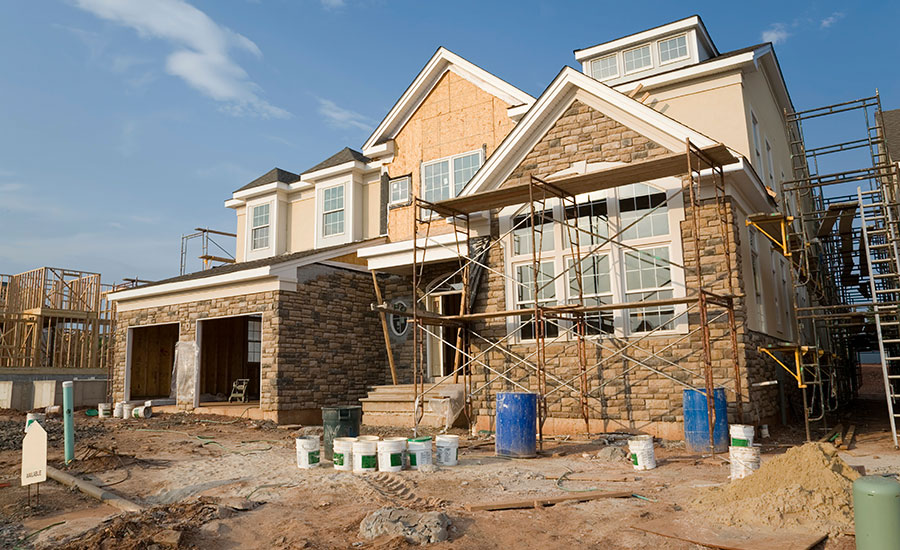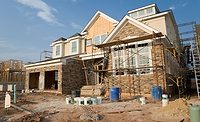Builder Confidence Matches All-Time High on Record Traffic
The Housing Market Index now stands at its highest reading in the 35-year history of the series, matching the record that was set in December 1998.

Builder confidence in the market for newly built single-family homes increased six points to 78 in August, according to the latest National Association of Home Builders (NAHB)/Wells Fargo Housing Market Index (HMI). The HMI now stands at its highest reading in the 35-year history of the series, matching the record that was set in December 1998.
“The demand for new single-family homes continues to be strong, as low interest rates and a focus on the importance of housing has stoked buyer traffic to all-time highs as measured on the HMI,” said Chuck Fowke, NAHB chairman and a custom home builder from Tampa, Fla. “However, the V-shaped recovery for housing has produced a staggering increase for lumber prices, which have more than doubled since mid-April. Such cost increases could dampen momentum in the housing market this fall, despite historically low interest rates.”
“Housing has clearly been a bright spot during the pandemic and the sharp rebound in builder confidence over the summer has led NAHB to upgrade its forecast for single-family starts, which are now projected to show only a slight decline for 2020,” said Robert Dietz, NAHB’s chief economist. “Single-family construction is benefiting from low interest rates and a noticeable suburban shift in housing demand to suburbs, exurbs and rural markets as renters and buyers seek out more affordable, lower density markets.”
Derived from a monthly survey that NAHB has been conducting for 35 years, the NAHB/Wells Fargo HMI gauges builder perceptions of current single-family home sales and sales expectations for the next six months as “good,” “fair,” or “poor.” The survey also asks builders to rate traffic of prospective buyers as “high to very high,” “average,” or “low to very low.” Scores for each component are then used to calculate a seasonally adjusted index where any number over 50 indicates that more builders view conditions as good than poor.
All the HMI indices posted gains in August. The HMI index gauging current sales conditions rose six points to 84, the component measuring sales expectations in the next six months increased three points to 78, and the measure charting traffic of prospective buyers posted an eight-point gain to reach its highest level ever at 65. Looking at the three-month moving averages for regional HMI scores, the Northeast jumped 20 points to 65, the Midwest increased 13 points to 63, the South rose 12 points to 71, and the West increased 15 points to 78.
Additional details are available at www.nahb.org/hmi and www.housingeconomics.com.
Looking for a reprint of this article?
From high-res PDFs to custom plaques, order your copy today!



